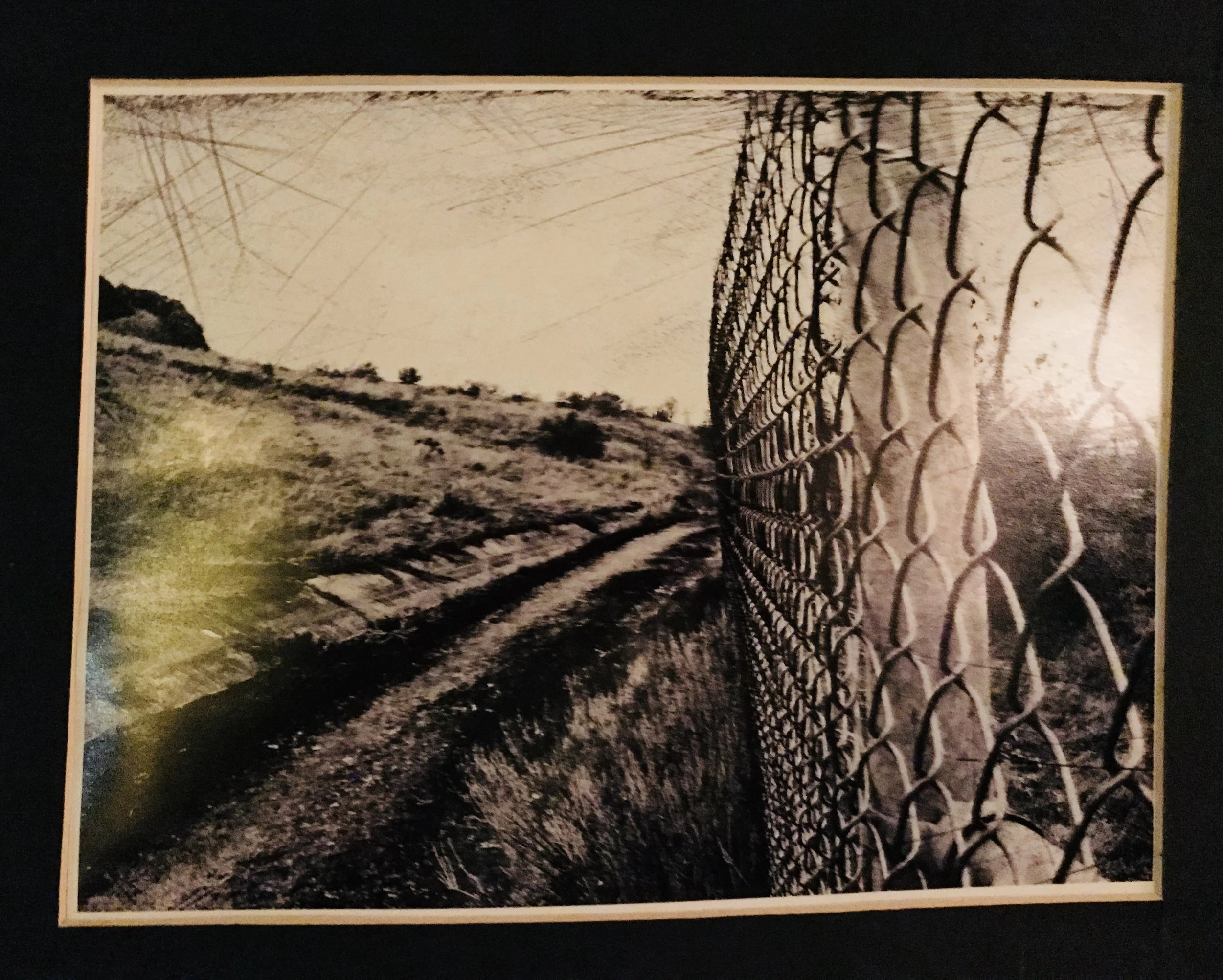Dear Julia,
There must be a better way. Prison has been my saving grace, don’t get me wrong. I came here with a lot of guilt and shame, but here I have learned how to overcome my problems without drugs or alcohol or unhealthy relationships or men’s validation or any vice at all, really. My addiction to drugs and men brought me here. I don’t blame anyone else because it was me who made the terrible choices.
There’s still a problem though. It’s the victims. Not just Bill, but my children and the rest of my family. They have all suffered as a result of my actions and it wasn’t fair to them. Sure, it was my fault, but the fact that my punishment may have been deserved doesn’t help them. Isn’t that what it was all about? Justice for victims?
My long prison sentence created more victims and more work for the state, rather than helping the ones that already existed. I would do anything to make this right for them. My kids are well, thankfully, and I talk to them often. We are healing. I will do anything I can to help them get past this so they can be as healthy and happy as they should be. My mom and sister still seem lost without me and the kids involved in their daily lives. They are able to talk to some of the kids still, and that helps, but it’s still hard. If there was something I could do for my victim Bill, I’d do it. I’m working on a letter apologizing for what I did, and I hope it helps. He may feel good about me being in prison, but I doubt it. I wish there were better alternatives to reduce the impact of crime without creating more victims. I wish the years given to me made sense. I don’t understand why treatment or time off for good behavior aren’t options for me. I think I’d get the most use out of them. Why didn’t I get offered a plea deal or a chance at a suspended sentence which I have seen so many other people get? I heard that my DA was difficult, and that’s why, but that’s not a good enough reason. Other people with similar crimes get those options every day. It should be the same for all. We are mothers, and our kids are out there, and they still need us.
There’s got to be a better way.
Sincerely,
Crystal A.
Crystal A. is currently incarcerated at Oregon’s women’s prison, Coffee Creek Correctional Facility.
















